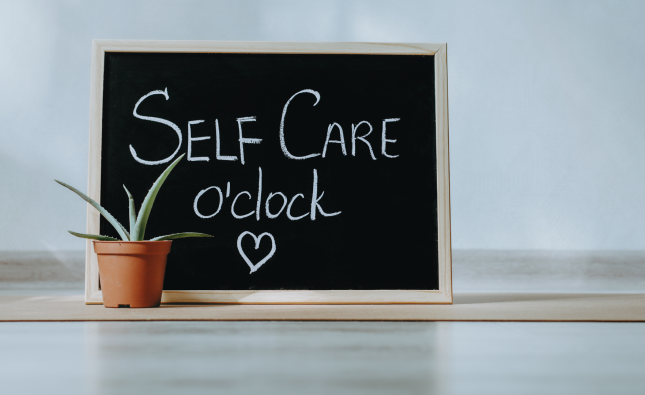
Introduction: what is musical trauma?
When we think of trauma, we often think of physical injuries. However, trauma can also be emotional or psychological. Musical trauma is a type of emotional trauma that can occur when someone has a negative experience with music.
Musical trauma can occur in many different ways. For example, it can happen if you are forced to listen to music that you don’t like, or if you witness a disturbing event set to music (such as a violent scene in a movie). It can also occur if you have a negative experience with a musical instrument, or if you are involved in a music-related accident.
If you have experienced musical trauma, it’s important to understand that you are not alone. Many people have been through similar experiences and have found ways to heal and move forward. Writing about your experiences can be an important part of the healing process.
The effects of musical trauma
When we experience something traumatizing, our natural reaction is to try to protect ourselves from further harm. This may involve avoidance behaviors, such as steering clear of anything that reminds us of the trauma. For people who have experienced musical trauma, this can mean avoiding music altogether.
However, avoidance can also lead to increased anxiety and isolation. Additionally, it can make it harder to process the trauma and move on from it. Therefore, it’s important to find a balance between protecting yourself and engaging with the world.
One way to do this is by using writing as a tool for healing. Writing about your experiences can help you make sense of them and start to work through the pain. It can also be a way to connect with others who have been through similar experiences.
If you’re not sure where to start, there are many resources available online and in libraries. You might also consider seeking out a therapist or counselor who can provide support and guidance during this process.
Using writing as a tool for healing
For many people, writing can be a form of catharsis that helps to process and heal from difficult experiences. This is especially true for survivors of musical trauma, who often struggle to find ways to express the intense emotions they feel.
Writing can be a helpful tool for survivors of musical trauma in a number of ways. First, it can provide a way to express the emotions that they may be struggling to keep inside. Writing can also help survivors to make sense of their experiences and to process the complicated feelings they may have about what happened.
In addition, writing can be a way to connect with others who have been through similar experiences. When survivors share their stories with others, they can feel less alone and begin to build a support network of people who understand what they are going through.
Finally, writing can be a way to develop coping strategies and new perspectives. By exploring their thoughts and feelings on paper, survivors of musical trauma can begin to develop new ways of thinking about their experiences and find hope for the future.
How to get started writing about your musical trauma
Writing can be a cathartic and healing experience, especially when it comes to working through musical trauma. If you’re not sure where to start, here are some tips for getting started writing about your musical trauma:
1.Identify your triggers: What are the specific things that trigger your trauma? Is it hearing certain songs, seeing certain people, or attending certain events? Once you know what your triggers are, you can start to avoid them or work through them in your writing.
2. Write about your feelings: It’s important to express how you’re feeling about your trauma. Don’t hold back – let all of your emotions out on the page. This can be a helpful way to process and release what you’re feeling.
3. Share your story: You don’t have to share your story with anyone if you don’t want to, but writing it down can be a powerful experience. If you do choose to share, remember that you’re in control of who you share it with and how much you want to share.
4. Seek professional help: If you find that you’re struggling to cope with your trauma, seek professional help. A therapist can provide support and guidance as you work through this tough time.
Tips for moving forward
1. Acknowledge the trauma. Don’t try to sweep it under the rug or pretend it didn’t happen. Acknowledging the trauma is an important first step in healing and moving forward.
2. Seek professional help if needed. If the trauma is too much to handle on your own, seek professional help from a therapist or counselor who can help you work through the emotions and begin to heal.
3. Lean on your support system. Talk to your family and friends about what you’re going through and lean on them for support during this difficult time.
4. Find an outlet for your emotions. Writing can be a very therapeutic way to process and release emotions related to the trauma. Other outlets may include talking to a therapist, journaling, or participating in art or music therapy.
5. Give yourself time to heal. The healing process takes time, so be patient with yourself and allow yourself the time and space you need to heal at your own pace
Conclusion
Music is a powerful tool for healing and recovery, especially when it comes to dealing with the trauma of musical performance. Writing can be used as a form of renewal – a way to process our experiences and help us move through them in meaningful ways. By expressing ourselves on the page, we can better understand how our emotions are affecting us, explore alternative perspectives on difficult situations, and ultimately work towards finding closure so that we can heal from past traumas and focus on creating healthier futures.










